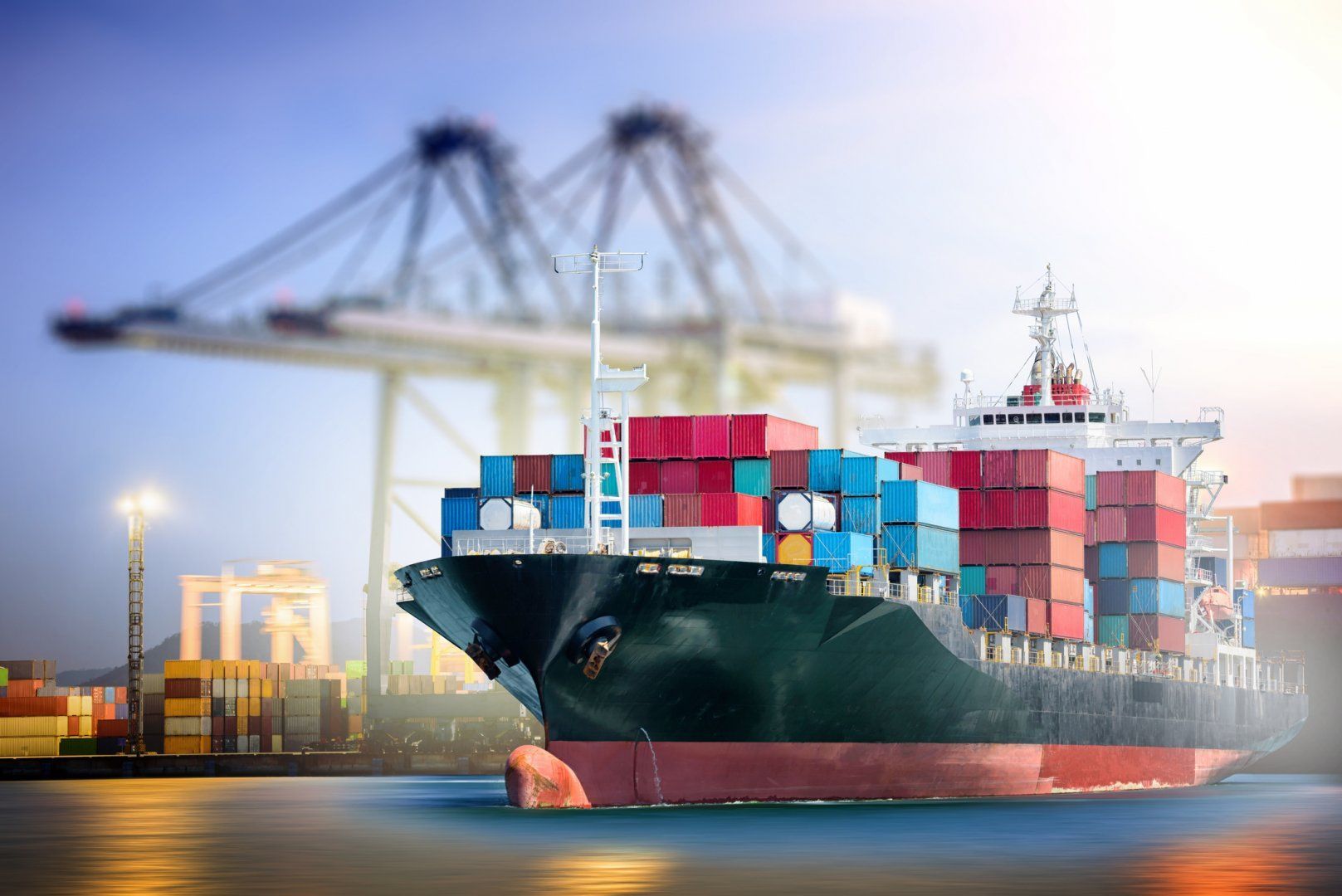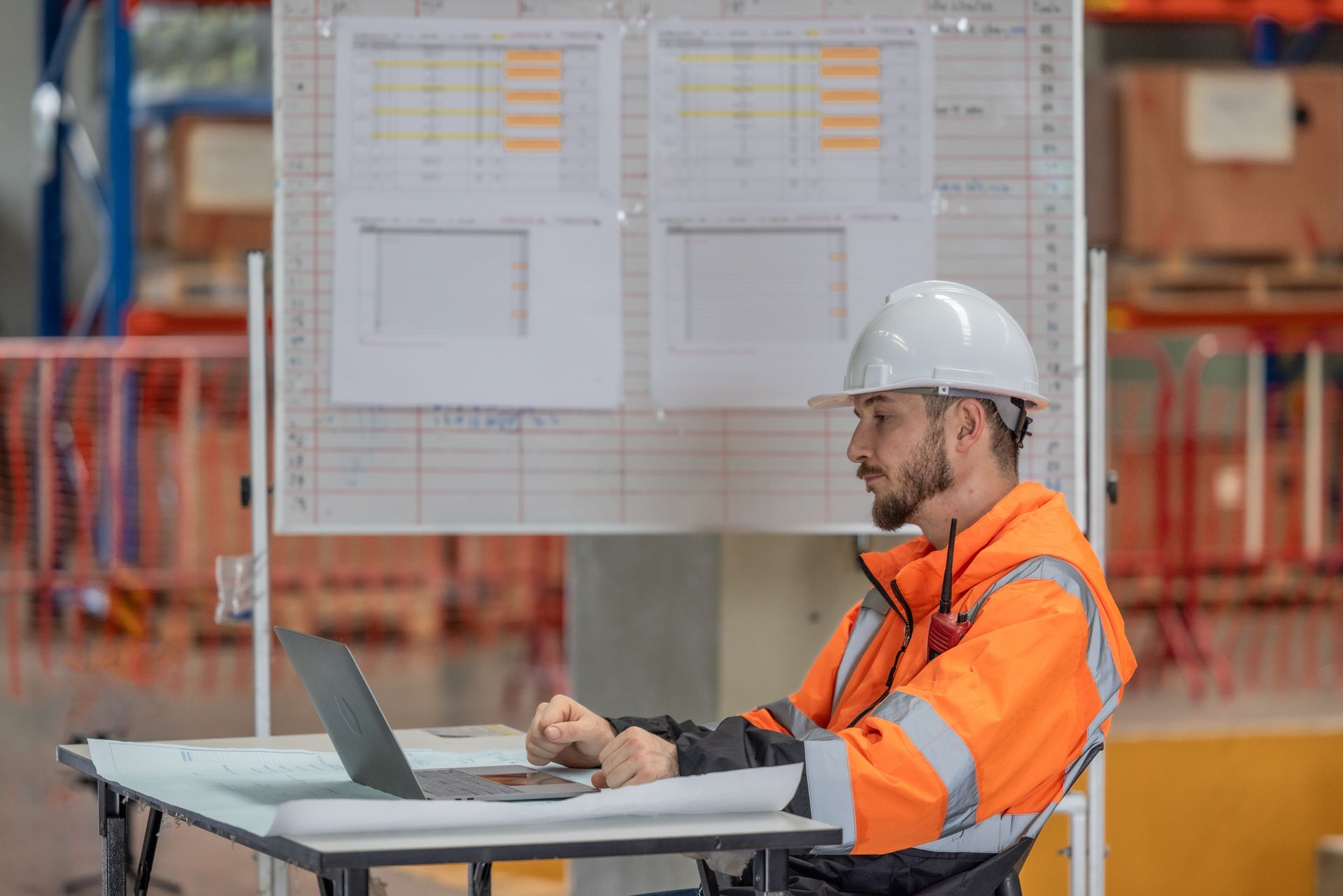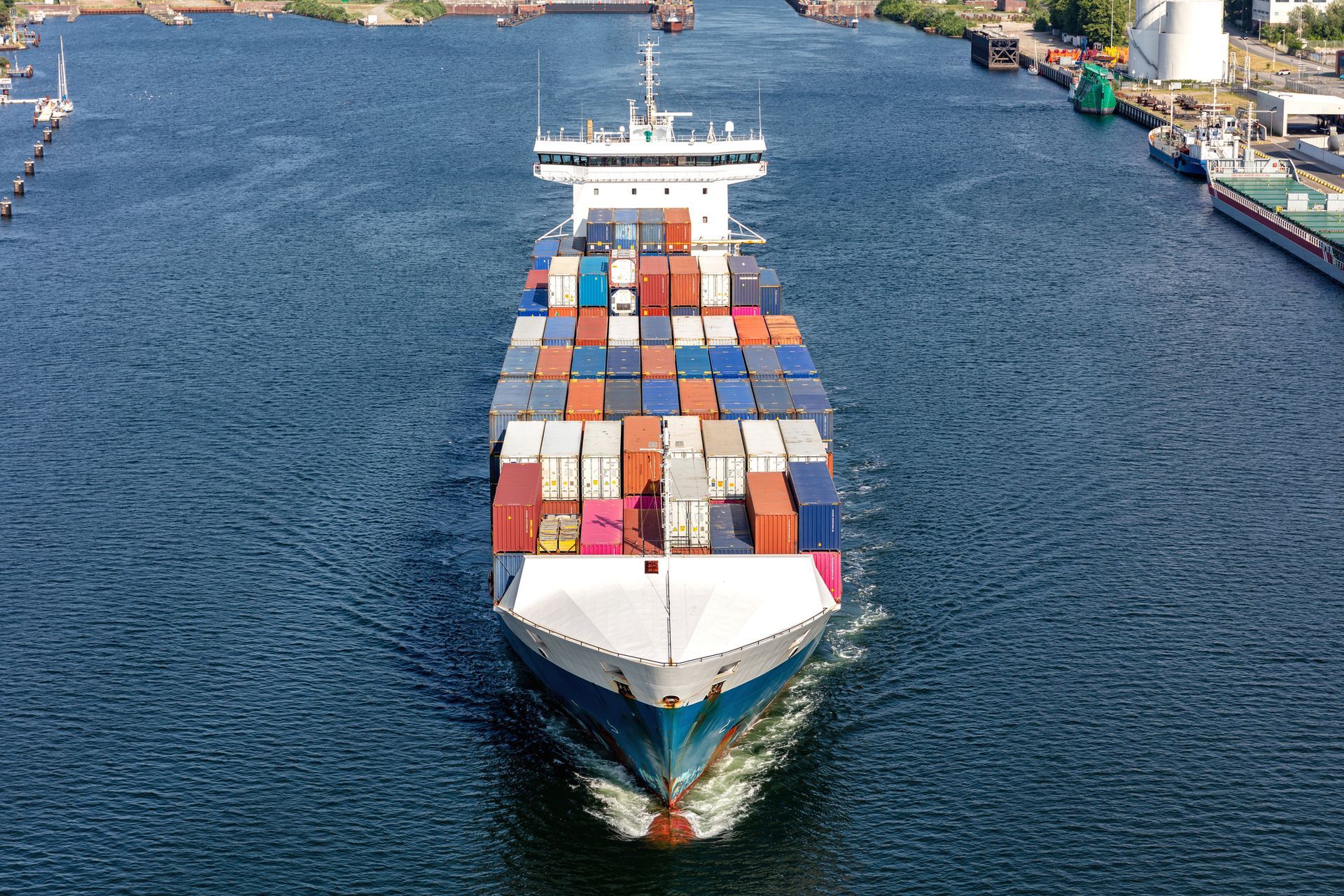
If your client imports in small quantities and needs to save on international transport, you've probably convinced them to bring their products in a container using the LCL (Less Container Load) format. Now, to win them over definitively, you'll understand why the work of an NVOCC, already known but still little understood, needs to be part of your business's DNA.
Until recently, it was quite common for small quantities of goods to be imported by air. The cost was still worthwhile, not to mention the convenience related to the speed of transport.
However, the reduction in the number of flights and high costs, especially fuel costs, have contributed to the shift from air to maritime transport. In this context, the LCL mode, which already existed but without much prominence, gains strength.
Also known as "consolidated loose cargo," where exporters share the same container, LCL has several advantages, including:
- The fact that virtually all destinations and origins are possible in this mode;
- The absence of demurrage;
- And mainly, that LCL is the entry point for many businesses, what we call Trial Shipments.
And it is precisely to transform all these advantages and opportunities of LCL into success that the NVOCC emerges. A term well-known in its abbreviated form, Non Vessel Operating Common Carrier, is a cargo consolidator company that maintains contracts with shipping companies to ship their consolidated containers.
But what innovation does an NVOCC enable?
There are numerous factors that enable a successful outcome. However, having qualified partners for container stuffing and transshipment at various connection ports (Hubs) around the world is one of the main ones. In other words, a broad network of international partnerships is essential in the entire process. And this is where the work of the NVOCC comes in.
What are the real advantages of establishing a partnership?
Everything works like Lego. It is logistics engineering in full operation. Imagine that five companies in Brazil, each in a different state and from different segments, are importing from five industries in China, also from different places.
These industries in China, or their agents, take the products to the most convenient seaport, considering cost versus benefit in this choice, and deposit them in a warehouse within the port.
Obviously, it is not worthwhile for each of these importers to pay to bring everything in an exclusive container. After the pandemic, the average China-Brazil price, for example, increased by more than 500%, and some players paid an incredible US$12,000 in freight. The solution, therefore, is to share costs by sharing cargo.
Thus, the cargo in the warehouse is analyzed according to its nature, measured, and strategically accommodated in the container. This meticulous work of cargo consolidation and space sharing aimed at saving clients money and optimizing the operation is the main role of the NVOCC.
Following the above flow, this container is taken to the Shipping Terminal and accommodated on the ship, which can go directly to Brazil or pass through another international port, if the Carrier identifies this need. Our container, for example, may even undergo a ship transshipment, not being opened at this port in question. In this case, it remains a direct service, without NVOCC intervention.
However, this same container may, for the convenience of the NVOCC, need a cargo transshipment at a port in Belgium, for example, to add other goods. Thus, it needs to be removed from the ship, placed in a warehouse at the port, wait for the country's authorization to open it, and undergo the stuffing process again to continue the journey on another ship, or even the same one.
Finally, upon arriving in Brazil, the NVOCC receives the goods at the terminal it indicated, the container is "unpacked" in another warehouse at the port, the cargo is deconsolidated according to Brazilian regulations, nationalized, and dispatched for delivery according to the transport contracted by each company.
All this movement and all the details, documentation, care, and security in the process are the responsibility of the NVOCC, and it is essential to prevent possible cargo thefts, damages, and, of course, reiterating, cost reduction.
How can we interpret the current Brazilian scenario in the Non Vessel Operating Common Carrier market?
Although the NVOCC has been operating for a significant time in the national market, there is still immaturity regarding the understanding of this type of delivery. As mentioned above, to have this status, some basic requirements must be observed, in addition to other added values.
In this scenario, Allink is the ideal partner to ensure success at all points of the chain. In addition to being considered one of the largest and most respected companies in the LCL cargo transport area, it is recognized for its neutrality in the segments in which it operates, being a partner of freight forwarders, customs brokers, advisors, and foreign trade consultants.
It has operational expertise in all regions of the country, is agile in service because it focuses on LCL, offering more than eight thousand global routes, and has worldwide coverage with the WWA – Worldwide Alliance platform – operating in more than 70 countries.
With the maturation of the national import and export market in the last 20 to 30 years, more and more successful partnerships in this segment have been celebrated at increasingly faster speeds.
The world is changing rapidly, and new ways of doing the same things, with more economy and intelligence, are being strongly studied and embraced, offering, at all times, opportunities for those seeking excellence and overcoming challenges. The NVOCC still has many good challenges ahead, but it has already shown what it came for and is strengthening by leaps and bounds.
Count on Allink to have the best logistics in your cargo shipments.
Continue a navegar no blog da Allink

Mantenha-se informado sobre o comércio exterior
Assine nossa newsletter e receba atualizações semanais de forma gratuita sobre o mundo da logística.




